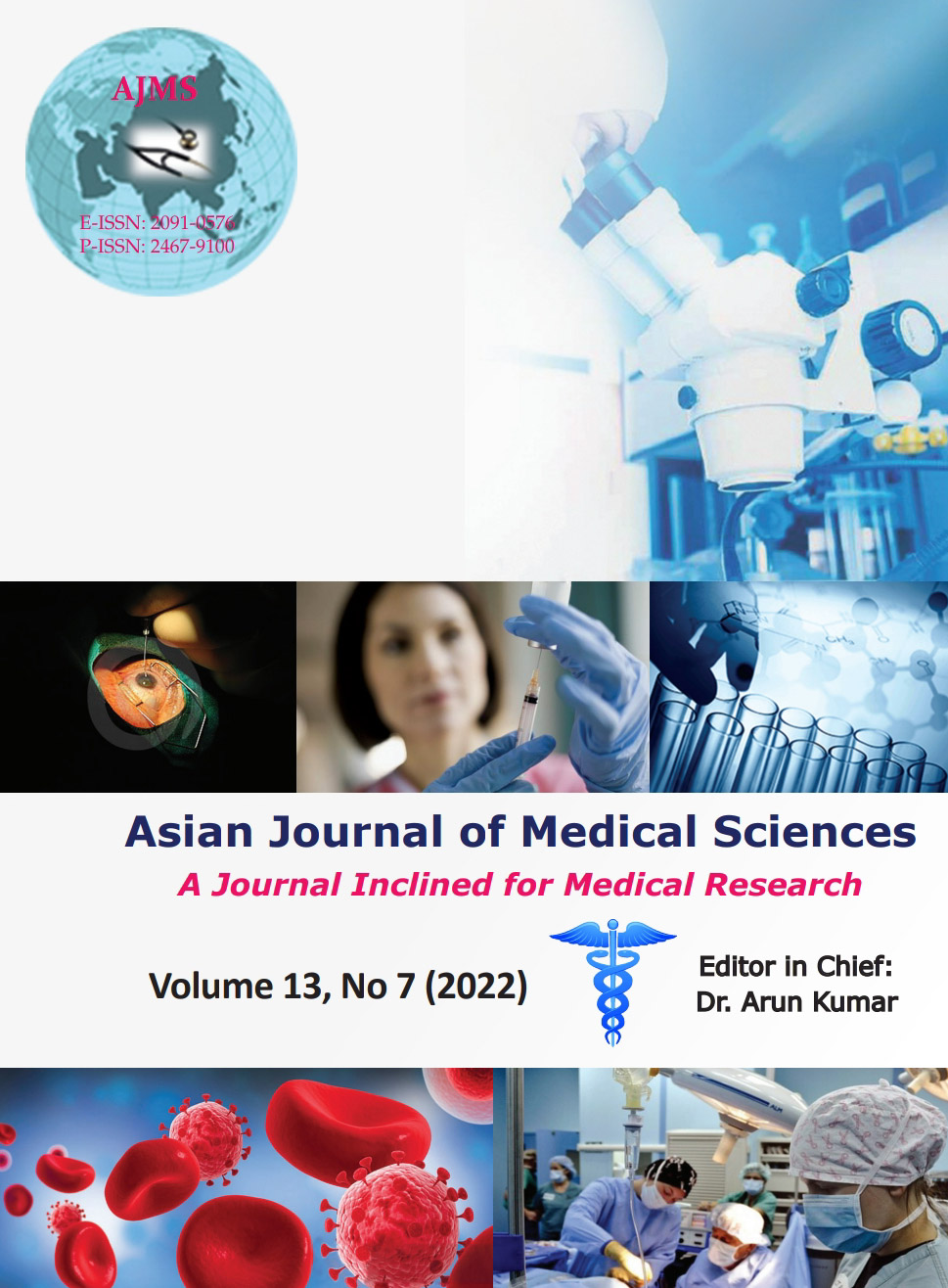A clinical study of outcome of two different methods of meatoplasty following modified radical mastoidectomy
Keywords:
Cholesteatoma, Mastoidectomy, Otitis mediaAbstract
Background: Meatoplasty usually is the final step of a canal wall down mastoidectomy. It provides sufficient enlargement of the external auditory meatus which leaves the patient with a smaller mastoid recess that could readily be cleaned and examined without anatomical restriction.
Aims and Objectives: The aims of this study were to study the outcome of two different methods of meatoplasty following modified radical mastoidectomy.
Materials and Methods: This is a prospective study done for 2 years from January 2020 to December 2021 on 50 patients of chronic otitis media unsafe type, where modified radical mastoidectomy was done followed by meatoplasty.
Results: The result in both the groups is comparable up until the meatus remains wide and large which could facilitate cavity examination, aeration, debridement, and drainage.
Conclusion: Outcome was favorable in both the groups and complications related to the meatoplasty technique was also comparable.
Downloads
Downloads
Published
How to Cite
Issue
Section
License
Copyright (c) 2022 Asian Journal of Medical Sciences

This work is licensed under a Creative Commons Attribution-NonCommercial 4.0 International License.
Authors who publish with this journal agree to the following terms:
- The journal holds copyright and publishes the work under a Creative Commons CC-BY-NC license that permits use, distribution and reprduction in any medium, provided the original work is properly cited and is not used for commercial purposes. The journal should be recognised as the original publisher of this work.
- Authors are able to enter into separate, additional contractual arrangements for the non-exclusive distribution of the journal's published version of the work (e.g., post it to an institutional repository or publish it in a book), with an acknowledgement of its initial publication in this journal.
- Authors are permitted and encouraged to post their work online (e.g., in institutional repositories or on their website) prior to and during the submission process, as it can lead to productive exchanges, as well as earlier and greater citation of published work (See The Effect of Open Access).




